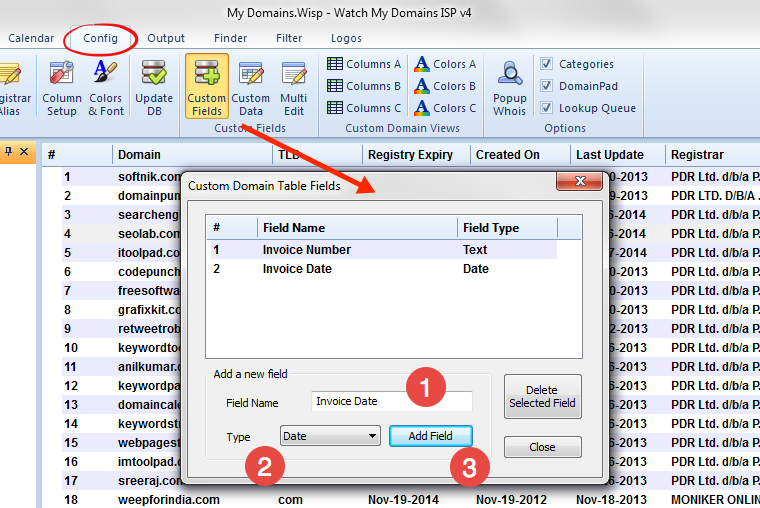

- #WATCH MY DOMAINS PRO V3 CRACK INSTALL#
- #WATCH MY DOMAINS PRO V3 CRACK ANDROID#
- #WATCH MY DOMAINS PRO V3 CRACK CODE#
But, whatever the limit-rulesets let’s not forger that uBO’s ability to filter access to 3rd-part sites is in itself a fundamental tool. I’ll likely compensate the lack of adblock filters (uBO here) resulting from the limit-rulesets by an increased system-wide defense, even though the latter is already quite important (5.5MB of urls, 13MB of domains managed by DNSCrypt-proxy).

“What will you do when Manifest V3 becomes the only Manifest supported by your browser?” “Meshov believes that Mozilla will also replace Manifest V2 with V3 in the organization’s Firefox web browser.” Time can be wasted in better and more pleasant ways. I refuse to further discuss with people who fall for and repeat Mozilla’s marketing, yet fail to do ANY research of their own. There are already connections you can’t disable within desktop Firefox, e.g.
#WATCH MY DOMAINS PRO V3 CRACK ANDROID#
You also can’t remove the hardcoded trackers Firefox on Android ships with for some reason: Įxpect the same for the desktop.
#WATCH MY DOMAINS PRO V3 CRACK INSTALL#
They have completely removed about:config on mobile, as well as the ability to install all extensions (they define now which extensions can be run). > With Firefox you have total freedom and that’s why i support Mozilla :) They are also more private than Firefox, needless to say. There are more Chromium variants than Google Chrome, if you use it, then that’s your loss. One can have Chromium without telemetry, it’s called Ungoogled Chromium. The company has not set a date yet for the removal of support for Manifest V2 with “easily” you mean about:config instead of visible UI options, including hidden-by-default about:config entries, is that correct? That has to be a bad joke. Google's Chrome Web Store will accept submissions of extensions that use Manifest V3 from January 2021 on when Chrome 88 hits the Stable channel. Company engineers added support for "multiple static rulesets, regular expressions within rules, declarative header modification, and more" to the API since then. Google notes that it has received a lot of feedback when it published the first draft, and that it used the feedback to improve APIs, including the controversial declarativeNetRequest API.
#WATCH MY DOMAINS PRO V3 CRACK CODE#
Google notes that remotely hosted code has been an attack vector that posed a "significant risk to user privacy and security".



 0 kommentar(er)
0 kommentar(er)
